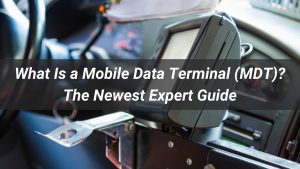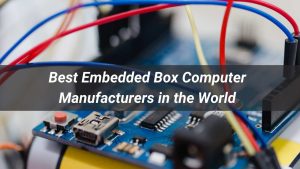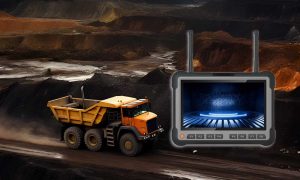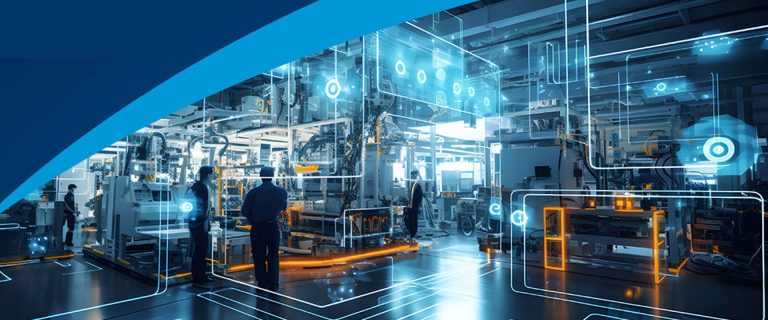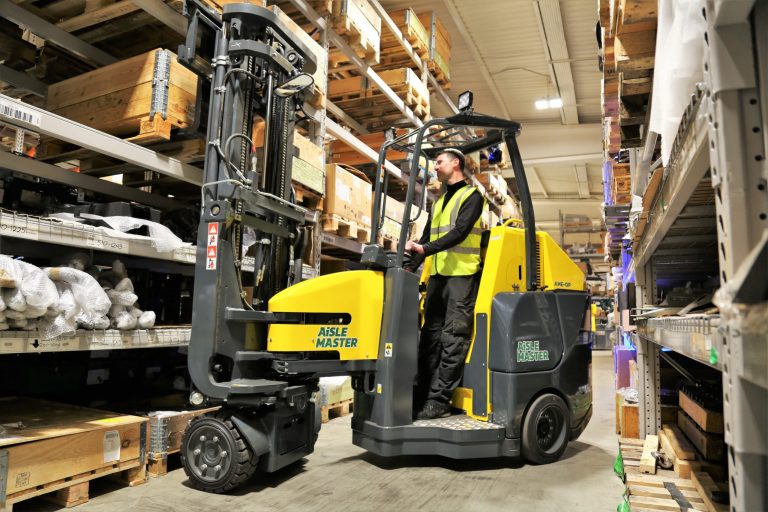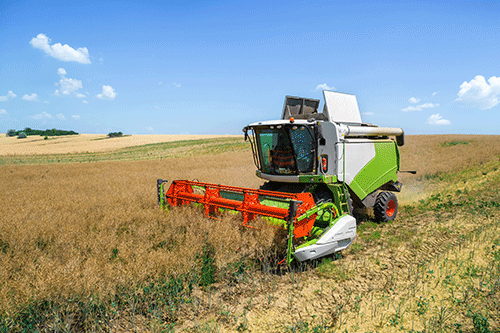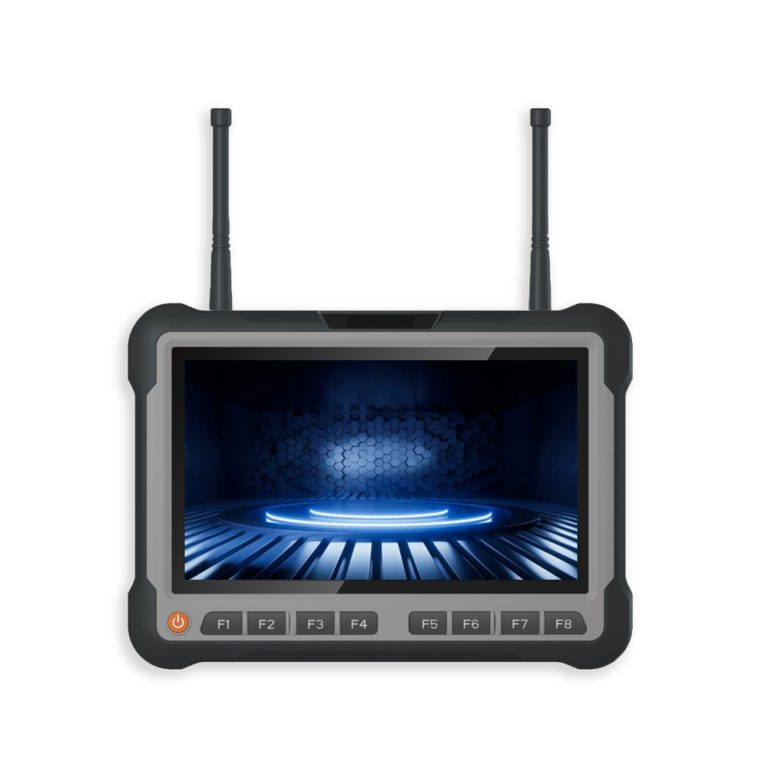In the mining industry, where efficiency, productivity, and safety are paramount, technology plays a critical role in meeting the unique challenges of mining environments. One of the most important technological tools in modern mining operations is the mining tablet. Designed to be rugged and durable, these tablets can withstand harsh conditions while providing real-time data access, communication, and resource management. However, the true value of mining tablets lies in their adaptability to the specific needs of each mining operation.
Mining environments can vary dramatically from one operation to another. Open-pit mines present vastly different challenges than underground operations, and each site may have unique requirements for communication, monitoring, and data management. To maximize the effectiveness of technology in mining, mining tablets must be flexible and customizable, capable of being tailored to meet the specific needs of individual projects and operations.
In this article, we will explore how mining tablets can be adapted to meet the unique challenges of different mining environments. From hardware customization to software integration, we will examine the ways in which these devices can be modified to enhance operational efficiency, safety, and productivity.
Why Adaptability Is Crucial for Mining Tablets
Mining is one of the most demanding industries in the world, characterized by its high-risk environments, large-scale operations, and extreme working conditions. Mining tablets must be versatile and adaptable to thrive in such diverse and challenging environments. Here’s why adaptability is essential for mining tablets:
1. Variety of Mining Environments
Mining operations occur in different settings, from open-pit mines exposed to extreme weather conditions to deep underground mines where lighting and communication are limited. Mining tablets need to be adaptable to suit the environmental conditions of these varied operations. For example, a tablet used in an open-pit mine might require sunlight-readable displays, while one used underground may need enhanced wireless connectivity and low-light functionality.
2. Integration with Existing Systems
Each mining company uses specific software systems for equipment tracking, resource management, safety compliance, and environmental monitoring. Mining tablets must be able to integrate seamlessly with these existing systems. This integration ensures that the data collected and transmitted via the tablets can be used effectively in decision-making and process optimization.

3. Customized Applications
Different mining operations may have unique workflow requirements. For instance, one mine may need specialized applications for blast design, while another might require tools for monitoring geological data or managing logistics. Mining tablets need to support the development and deployment of custom applications that cater to these specific needs, ensuring that every aspect of the operation can be optimized using the tablet.
4. Regulatory and Safety Requirements
Mining companies are required to comply with a range of safety and environmental regulations. These regulations can vary based on geographic location and the type of mining operation. Mining tablets must be adaptable to ensure they meet the specific compliance needs of each operation, whether that involves tracking safety data, generating regulatory reports, or monitoring environmental impact.
Hardware Adaptations for Specific Mining Needs
When adapting mining tablets for specific mining environments, hardware customization plays a significant role. The physical demands of mining require specialized equipment capable of withstanding environmental stress while providing seamless performance. Several key hardware adaptations ensure that mining tablets meet the unique requirements of different mining operations:
1. Ruggedness and Durability
The ruggedness of a mining tablet is critical for ensuring that it can withstand the harsh conditions of mining environments. Whether it’s extreme temperatures, dust, moisture, or physical impacts, the tablet must be built to endure tough conditions without compromising functionality. For example, mining tablets used in open-pit operations may need to withstand temperatures ranging from -20°C to 60°C, while tablets in underground mines need to be protected against dust and moisture intrusion.
IP Ratings: A high IP (Ingress Protection) rating is essential for mining tablets, indicating their resistance to dust and water. A tablet with an IP65 or IP68 rating ensures that it is protected from both fine dust particles and powerful water jets or immersion, making it ideal for mining operations that involve wet or dusty conditions.
Shock and Impact Resistance: Mining equipment is often subjected to rough handling, vibrations, and occasional drops. Tablets built to military-grade durability standards, such as MIL-STD-810G, are designed to withstand drops, vibrations, and other impacts that are common in mining environments.
2. Customizable Displays
Display customization is another key factor when adapting mining tablets for specific environments. In open-pit mines, where sunlight exposure can be intense, sunlight-readable displays are essential. These displays offer high brightness (700+ nits) and anti-glare technology, ensuring that workers can read the screen clearly even in direct sunlight.
In contrast, mining tablets used in underground operations may require displays with enhanced low-light visibility. Tablets with backlit displays, adjustable brightness, and night mode settings ensure that workers can use the device effectively in dimly lit areas without straining their eyes.
3. GPS and Connectivity
GPS and wireless connectivity are essential for location tracking, equipment monitoring, and communication in mining operations. Mining tablets need to be adaptable to provide reliable GPS and connectivity in remote areas where traditional networks may not be available.
GNSS and Multi-Band GPS: For accurate location tracking, mining tablets should support multi-band GNSS (Global Navigation Satellite System) receivers, which access multiple satellite constellations (GPS, GLONASS, Galileo, BeiDou) to improve location accuracy in remote areas. This is particularly important for equipment tracking and fleet management.
Wireless Connectivity: In remote locations where cellular networks are unavailable, mining tablets may need to support alternative communication technologies, such as LoRa (Long Range) networks, mesh networks, or satellite communications. These options ensure that the tablet remains connected even in areas without traditional wireless coverage.
Software Adaptations for Specific Mining Needs
In addition to hardware adaptations, mining tablets must be customizable at the software level to meet the specific needs of different mining operations. Software customization allows companies to optimize workflows, integrate with existing systems, and develop specialized applications that enhance productivity and safety.
1. Integration with Mining-Specific Software
One of the primary requirements for mining tablets is their ability to integrate seamlessly with mining-specific software systems. Whether it’s an enterprise resource planning (ERP) system, a computerized maintenance management system (CMMS), or a geological information system (GIS), the tablet must be able to run or interface with the software used by the company.
ERP and CMMS Integration: ERP and CMMS platforms are critical for managing resources, tracking inventory, scheduling maintenance, and optimizing workflows. Mining tablets that support integration with these platforms ensure that all data collected in the field is seamlessly synchronized with the company’s central management system, enabling real-time decision-making.
GIS and Mapping Tools: Geological data and mapping play a key role in mining operations. Mining tablets must support GIS and mapping tools, allowing geologists and surveyors to analyze terrain, record data, and make informed decisions about resource extraction. Tablets with high-resolution displays and GPS integration ensure that mapping tools can be used effectively in the field.
2. Custom Application Development
Many mining operations require specialized applications that cater to unique workflows or operational needs. Mining tablets offer the flexibility to develop and deploy custom applications, ensuring that the device is tailored to the specific tasks required by the operation.
Blast Design and Simulation: For mining operations that involve blasting, custom applications can be developed to design blast patterns, simulate outcomes, and calculate the necessary explosives. These tools ensure that blasting is conducted safely and efficiently, reducing the risk of errors and optimizing resource extraction.
Environmental Monitoring: Custom applications can be developed to monitor environmental data, such as air quality, water levels, and soil conditions. These tools help mining companies track their environmental impact and comply with regulatory requirements. Tablets equipped with sensors or external monitoring devices can collect real-time environmental data and transmit it to central monitoring systems.

3. Mobile Device Management (MDM)
Mobile Device Management (MDM) solutions are essential for managing and securing mining tablets across a large operation. MDM platforms allow IT administrators to remotely configure, update, and monitor all tablets in use, ensuring that they are running the latest software and security patches.
Remote Management: MDM solutions enable administrators to deploy new applications, update software, and enforce security policies remotely. This ensures that all tablets are compliant with company standards, even in remote or hard-to-reach locations.
Data Security: MDM platforms provide tools for securing sensitive data on mining tablets. Features such as remote wipe capabilities, data encryption, and access control ensure that company data is protected in the event of device loss or theft.
Enhancing Productivity and Safety with Mining Tablets
The ability to customize mining tablets for specific operational needs directly impacts productivity and safety in mining environments. By adapting these devices to the unique requirements of each site, mining companies can improve workflow efficiency, reduce downtime, and enhance safety outcomes.
1. Real-Time Data Access and Communication
Mining operations rely on the timely collection and transmission of data to make informed decisions. Customized mining tablets with GPS, connectivity, and integrated software allow workers to access real-time data on equipment performance, resource levels, and safety conditions. This real-time access helps optimize production and prevent costly delays.
Fleet Management: GPS-equipped tablets allow managers to track the real-time location of vehicles and equipment, optimizing routes and reducing fuel consumption. Tablets can also be used to schedule maintenance, ensuring that machinery is serviced on time to avoid breakdowns.
Safety Alerts and Monitoring: Mining tablets with integrated safety monitoring tools can track worker locations, detect hazardous conditions, and issue real-time alerts in case of emergencies. These features help prevent accidents and improve response times in the event of an incident.
2. Workflow Automation
Customized mining tablets can be used to automate repetitive tasks, reducing the manual workload on workers and improving overall efficiency. For example, tablets equipped with barcode scanners or RFID readers can automate inventory tracking, ensuring that resources are accounted for without the need for manual data entry.
Inventory Management: By automating inventory tracking, mining tablets help companies maintain accurate records of supplies, parts, and fuel levels. This reduces the risk of shortages and ensures that resources are allocated efficiently.
Task Scheduling: Tablets can be used to schedule tasks and assign them to specific workers or teams. Custom applications can track the progress of each task, ensuring that deadlines are met and workflows remain on schedule.
3. Regulatory Compliance
Mining companies must adhere to strict regulations concerning worker safety, environmental protection, and land use. Customized mining tablets can help companies track compliance data, generate reports, and ensure that all operations meet regulatory standards.
Environmental Reporting: Tablets equipped with environmental monitoring tools can collect real-time data on air and water quality, noise levels, and land use. This data can be used to generate compliance reports for regulatory agencies, ensuring that mining activities remain within legal boundaries.
Safety Compliance: Custom safety applications can be developed to track worker training, safety certifications, and compliance with safety protocols. Tablets can also be used to log safety inspections and generate reports on safety performance.
The adaptability of mining tablets to specific mining needs is a key factor in their effectiveness as tools for modern mining operations. By offering customizable hardware and software solutions, mining tablets can be tailored to meet the unique challenges of each mining environment, from open-pit mines to underground operations.
Through hardware adaptations such as ruggedness, sunlight-readable displays, and extended battery life, mining tablets can withstand the harsh conditions of mining while providing reliable performance. Software customization, including integration with existing systems, custom application development, and mobile device management, allows mining companies to optimize workflows, enhance productivity, and ensure regulatory compliance.
As technology continues to evolve, mining tablets will become even more versatile, offering new capabilities to meet the ever-changing needs of the mining industry. By investing in adaptable mining tablets, companies can improve operational efficiency, reduce costs, and maintain a competitive edge in an increasingly digital world.




